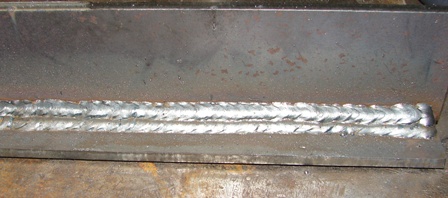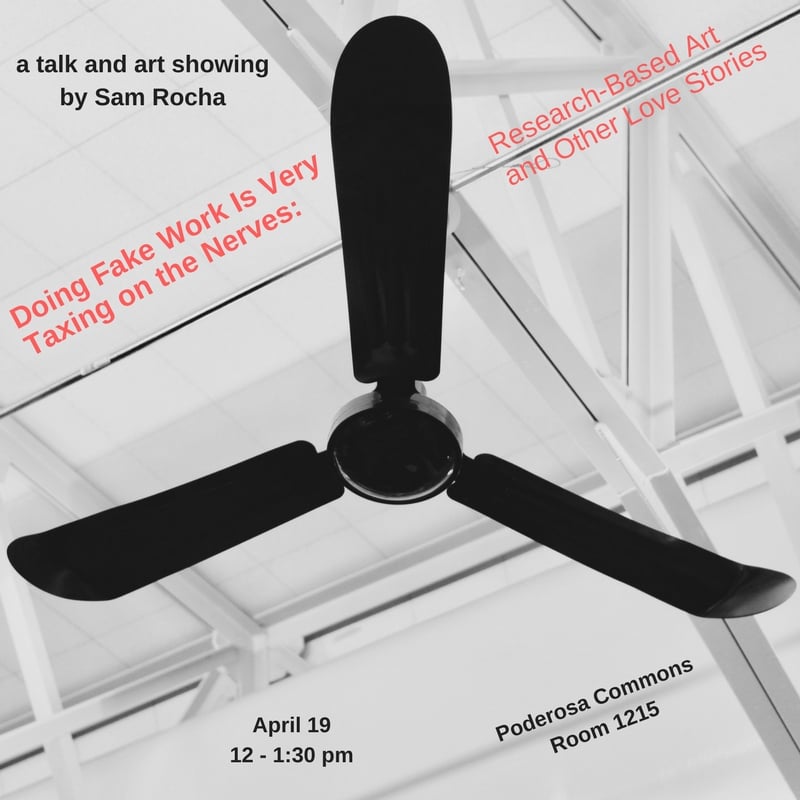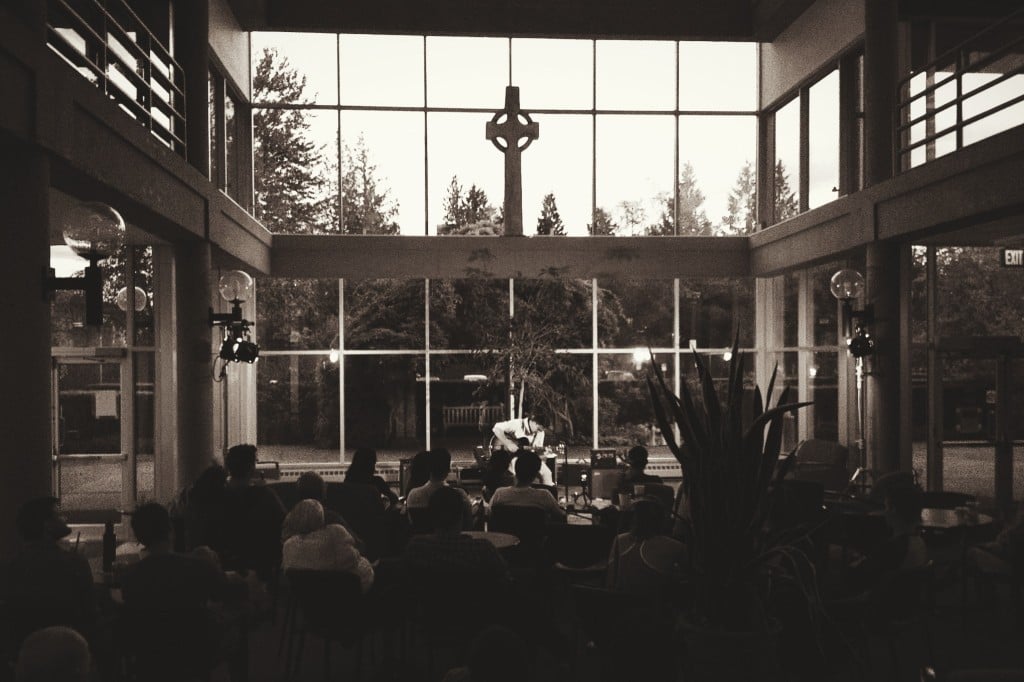I was first assigned to the beam-cutting station, but I asked to be reassigned. I wanted to weld. It seemed honorable and I wanted to be somebody. But I guess no ones asks to be a welder once they get to the cutting stations. I was given the materials: gloves, sleeves, apron, mask. I needed boots. No tennis shoes. I don’t recall the details or the exact time, but I passed an initial inspection of some kind. I was first assigned to be a go-fer, which sucked. I took naps and wasted a lot of time. I was then assigned to weld with a rowdy crew who only began to accept me when they heard I liked to drink lots of Keystone Light. We had a good time and they taught me a lot about politics. They were a tribe. Their best welder, the leader of the pack, knew the shop needed him bad, worse than he needed them, so he’d work until he decided he had enough overtime pay and wouldn’t show up again till the next pay cycle. Unless there was a rush order or things were backed up: then he’d make them pay him time and a half. He was shrewd, but not an asshole. He knew he could make more money elsewhere, but he had things under control here. He ruled his tribe as well as anyone I’d ever seen. There was a talented up-and-comer who had just bought a brand new Dodge pickup and had a knack for getting his girlfriends pregnant. There were inside jokes and initiation pranks. I didn’t fall for them and they respected me for that. But I saw this poor, stupid soul almost crack his skull doing the broom-kicking competition. They admired intelligence, no matter where it came from, books or whatever, and they hated an idiot. They asked me what philosophy was and I was in no position at the time to tell them, but I think I managed to do okay. I got a strong sense that they didn’t want to be patronized, these were intellectual men of a certain, alternative cut. They carried themselves with a fierce dignity. Not insecure like academics and writers and office workers. Scared me sometimes. They horsed around all the time, but they were also serious. Life and death kind of stuff. We were doing dangerous work: no place to joke around when a ton of steel could fall on someone’s leg. The shop floor was segregated between whites and mexicans, with younger mexicans, who only spoke English and hated the older Spanish-speaking mexicans for hating them, in-between. One of my roommates was one of the young ones: browner than me but only knew how to cuss in Spanish, and his accent was awful. I was different. Yes, I was a college boy, but I also liked to carry-on with the rednecks and could speak fluent Spanish with the wetbacks. I was improving at welding. I was a terrible in high school shop-class; I never tried hard enough. The big beams were great to weld because you didn’t have to worry about burning through the metal. Thick and hot. You could go slowly and deliberately and run a beautiful, glowing scar down those seams. After a few weeks, I was reassigned to learn how to weld aluminum, a more delicate medium. Next to me was the work station of an older mexican man, who sold tacos during break and functioned as something between a court jester and a sage. He was the fool of the shop, in Cervantes and Shakespeare’s literary sense. Chema. That was his name, or at least what everyone called him. I was sent to help him one day, because he was running behind on his quota. 25 frames per day. Not too strict, but more than less. Each frame had to be approved. The inspector was a nice, good-old-boy who’d been doing this forever, he probably started off as a welder; he’d measure the angles and lengths and check the welds, circling the bad ones with chalk to do over. We made stadium bleachers. Summer temperatures ran at about 100 F; inside the shop was hotter. When you started welding, you had to turn off the fan, to prevent the blowing air from ruining your weld. The bead was supposed to be a thousand degrees hot, and it felt like it. “Keep your chin down, son.” The first week I had a tender, burnt triangle on my neck, peaking down to my upper chest from raising my chin too much and exposing myself to the white-hot welding bead. So it got plenty hot, from all directions. Chema didn’t seem to sweat much, he was conditioned for this work, but he was terrible at measuring and reading the plans to create the frames. He wasn’t stupid: he was going blind. Everyone one knew it, even the foreman, but no one was going to put him out like that. They sent me there to read the charts and let Chema teach me how to tack down the L-joints to create a pattern on the work table for making support frames. The frames were small, so the station didn’t need a big lift, just a small overhead for picking the frames off the work table. You had to move quickly on these thin beams, otherwise you’d blow holes in them. The frames were all but fixed to the table, to ensure proper measurements, so you had to be able to weld in all directions, at all angles, without moving the materials. Right side up and up side down. Horizontal and vertical. Chema taught me all that stuff, somehow. He liked me because I was “un artista.” An artist, a musician. In the back of the station there were things Chema built with leftover steel. A chair he sat in a lot. Three towers of cassette tapes, filled with music that blared from his station all day long. He was the deejay for the mostly mexican cutting-stations of the front of the shop. He didn’t just play Norteño or conjunto music — trova, cumbia, all the variations of salsa and merengue. He played it all. A Latin music expert. He knew the names of all the rhythms and patterns. He liked corridos, because they were historical and sad. He was a cultured man. He danced around, foolishly, as I did almost all the work. He was my muse. I found the Latin clave in that hot welding station and it’s infected the way I hear everything. When a 4-4 soul groove is playing, I hear a 2-3 clave and it makes my phrasing stand-out and sound interesting. He loved to talk to me about music and food and women and how stupid everyone — white and mexican alike — in the shop was. How he woke up at 3:30 every morning to make his tacos and got in by 5 to ride the clock until 6 when he would start making coffee. (He had his coffee at 4, at home. Good coffee.) He said that selling tacos was all about not being lazy and profiting from the laziness of others. To him every taco he sold was an insult to the customer’s character. He therefore insisted that I get mine for free. I had a close call where I almost lost my finger tip. He was horrified. How could I risk my hands, my art, my guitar for this? My maternal Granfather — Grandpa Montaño — came to visit one day, I don’t recall the details of why he was there, but he saw me covered in soot and sweat and I could tell he was proud of me. I proved that I could work hard in a way he could understand. He treated me like a man and told me to get back to work. Never felt sorry for me. That made me feel like I was somebody. I got what I came for so I took Chema’s advice and left that dangerous, dancing workstation for an easy, stupid job tending kids at the YMCA for the last month and a half before I returned to school in Ohio.











